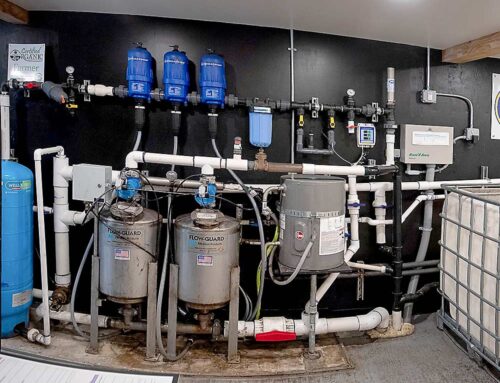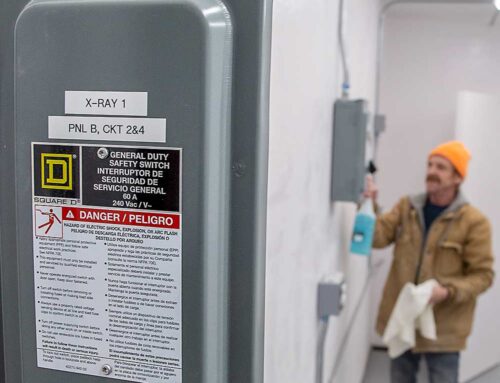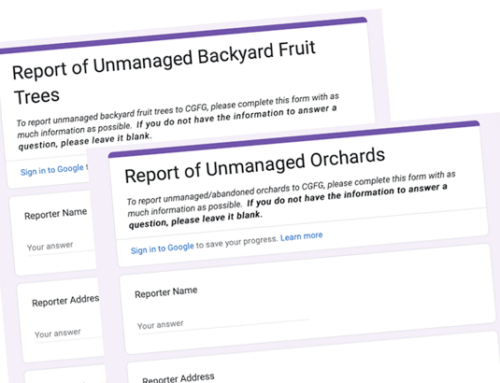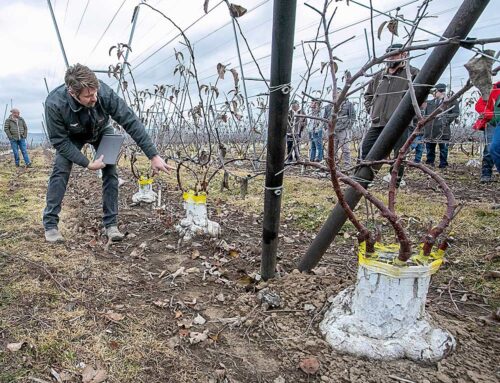 grower / Sunnyside, Washington
grower / Sunnyside, Washington
age / 27
crops / Organic cherries, pears, and juice grapes; produces compost and biofuel
business / Natural Selection Farms
other experience / Manages organic and GlobalGAP certifications for the farm. Geology degree from Whitman College.
Why did you return to the family farm?
My path has been so crazy. Once it was time for me to enter the workforce after college (where she majored in geology), the paid geologists jobs tended to be working for the natural gas wells—and that’s where I ended up working.
I found that I loved the fast-paced environment and the science to work the wells, but I compared my work to all of the sustainable practices my dad was doing at home. I mean, he was making biofuels, creating compost, and farming organically, and he was able to do it on a large scale. So I thought, “Why am I doing this job, when Dad is doing this? I’m going backwards.” So I returned to the family farm.
When I did, I guess I fell in love with my community again. I like my town and the people that we work with. There’s not a better industry to work in.
What things helped you when you came back?
I’ve had so many mentors, older and younger farmers that have taken me under their wings. They’ve taught me about pruning, soil biology, bees, products, and applications, and there’s so much yet for me to learn.
I’ve been reading every book I can get my hands on, whether they are about microbiology, or about plant physiology, or about business—there’s so much to be explored.
What farming technology or techniques are you looking at?
One of the systems that we have looked at was an elevated irrigation system. The reason why we are looking at it is to help us control weeds. Having an elevated irrigation system allows us to do it mechanically and limit the amount of water we are putting out.
We don’t want to be wasting. Another system that we are working with is a soil moisture monitoring service so we know we are providing the plant with the water it needs but not too much, which would cause the soil to be anaerobic.
What challenges do you face in organic farming?
Of course we don’t have the quick defense mechanisms against threats that conventional growers have, but we again rely on science using monitoring systems and consultants to keep our eyes open to what’s going on in and above the ground.
Then we make those recommended changes gradually, from adding beneficial flowers that attract particular insects to different soil amendments to help stimulate what’s going on under the surface.
We are looking at the orchard as a system and not expecting change to come quickly. It’s a whole different frame of mind, a whole new way of thinking.






[…] Chelsea Durfey Jr. is a young grower from Sunnyside, Washington where she manages organic and GlobalGAP certifications for Natural Selection Farms. She talks with Good Fruit Grower about why she returned to the farm. You can read the entire article by TJ Mullinax at the Good Fruit Grower. […]